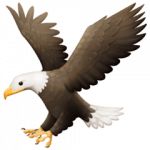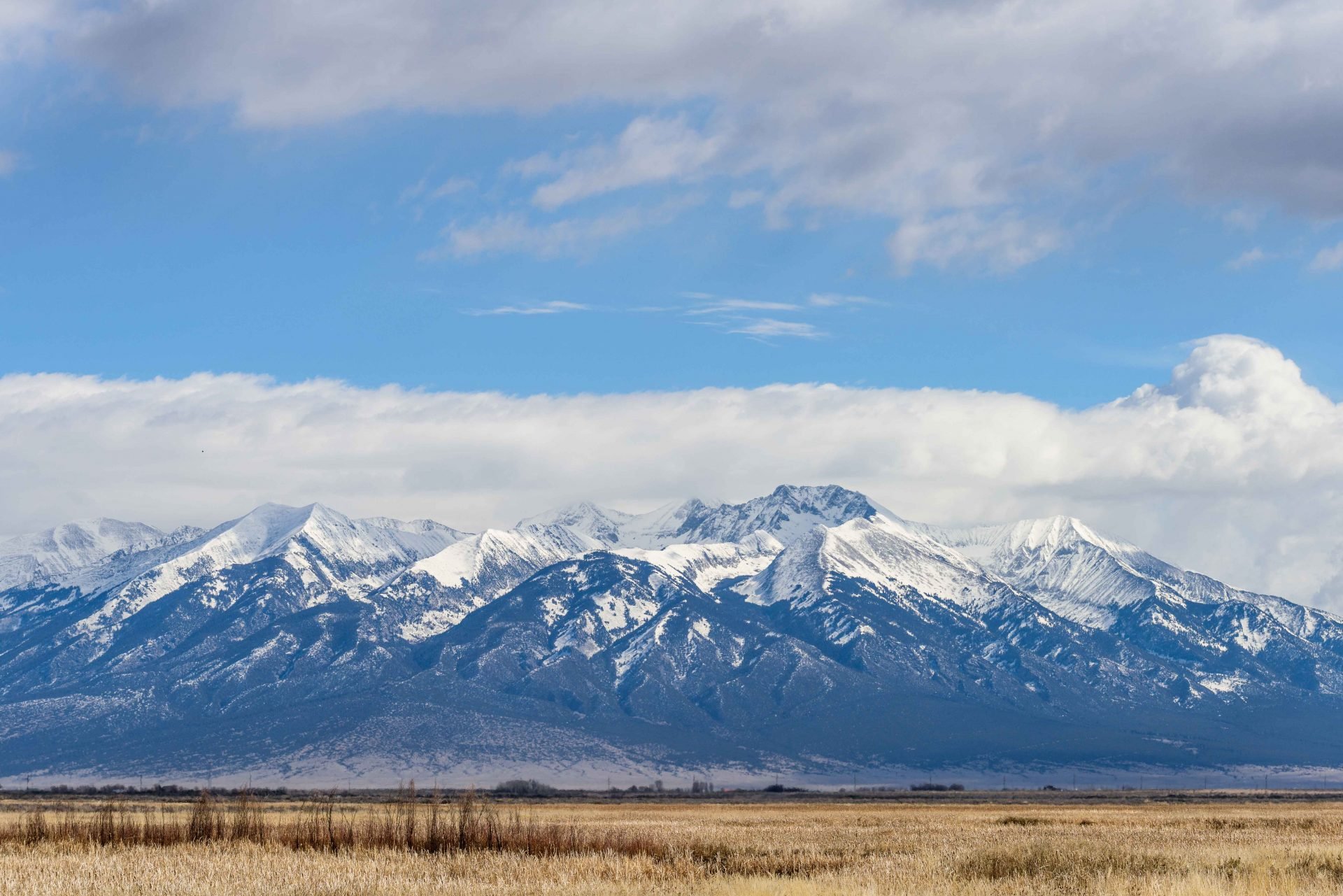Happy Imbolc to all!
As the light is returning and the micro-life below the soils renews we rejoice that the dance of our local biome begins once again.
We write this in hopes that the upcoming town hall style meeting (THSM) — (last Saturday of the month) will have gone smoothly and lead to healthy progress in 2024. We hope that it will help us move forward with inspiration to pass on to our community leaders, or those who were just waiting to see how the process unfolds, hearing the views and concerns of all constituents. We are discovering creative ways to configure the room so the meeting does not have the “sage-on-a-stage” type of setting, where the leaders sit on thrones or stand behind podiums. The ideas below come from our studies of proven THSMs of the past, please know we are by no means experts, just trying to facilitate dialogue:
1. Town hall meetings can be moderated by anyone, however we prefer non-partisan community volunteers who explain the purpose, guidelines (and perhaps topics) of the session, and who sets the tone for a respectful discussion, holding a safe space for sense making and solutions for local leaders to receive.
2. Limit the leaders’ and strong speakers’ opening and ongoing statements to 5 minutes or less.
3. Reserve the vast majority of time for questions and comments from the audience and participants to identify themselves (if they choose) and present a brief question, idea or statement, up to 3 minutes each. Strongly stated opinions are okay; rudeness or badgering is not. It is okay to disagree, and differences of opinion should be allowed to be shared without shaming.
4. Undertake efforts to expand the range of people who attend town halls so the audience is more diverse and includes both partisans and independents. Most Americans reside in the center of the ideological spectrum and analysts agree this vast group is now significantly underrepresented at town hall meetings.
5. Open all town hall meetings to the public and media and stream the event live if possible. At a minimum, make a video recording of each meeting and put it on public websites to allow constituents who are unable to attend to view the entire event.
6. If the turnout is large, timers can be used to give as many people as possible an opportunity to speak. Also, a world cafe can be started (attendees are broken down into smaller groups) and in this case a more tightly focused discussion group can brainstorm more effectively.
7. Set up and conduct straw polls and surveys to discover what and how to improve the ongoing process of the THSM, inspired by the people to continue democracy in action.
8. We have found there have been no specific rules or guidelines for holding a town hall meetings. The format of the THSM can vary. Usually, the person holding the meeting (e.g. member of Congress) makes some opening remarks. Sometimes others (e.g. local leaders) will address the audience, as well.
The main part of a THSM tends to occur when the floor is opened up to questions and comments from the audience. Attendees generally present ideas, voice their opinions, ask questions of the public figures, elected officials, or political candidates at the town hall. Sometimes, the town hall meeting is televised or recorded. In recent years, town halls held by political candidates have announced and enforced rules on crowd behavior and the scope of questions that may be asked.
Common Ground?
A sense of belonging is crucial for civic engagement and keeping people motivated. Hopefully we can create an inclusive and welcoming environment where everyone feels valued and heard. Let’s encourage open dialogue and foster a sense of camaraderie. Grassroots activism is all about people power!
To achieve meaningful change and make a difference locally, it’s essential to engage with our
policymakers and government officials. This can mean to schedule meetings, attend public hearings, and submit written comments on proposed legislation. Some want to promote and reaffirm our constitution and bill of rights, not to mention our inalienable rights to life, liberty and the pursuit of happiness.
Mirage of Democracy: The Town Meeting in Our Past
In American mythology, the town meetings of colonial New England are the storied source of the nation’s democracy. But early New Englanders allowed the great majority of their adult, land-owning males only, to vote only because they had no other way to secure social order (due to a fear that those without property were overly amenable to bribery or other such persuasion). In a colony of a monarchy, but without king, court, country lords, archbishop, or any other traditional authority present, the frontier communities seemed best be ruled by consolidated and homogenized public opinion. They governed by common consent, but they were not democratic in any modem sense. They disallowed legitimate difference and dissent, disdained majority rule, and dreaded conflict. They had relatively limited instruments of enforcement, and they were loath to use the coercive power they did possess. Order in
those eighteenth-century towns depended far more on public opinion than on the modest coercive measures at their disposal. Effective action required a popular will approaching unanimity, and the work of the meeting was accordingly bent toward securing such unanimity.
Harmony and homogeneity became because they had to become – the routine realities of local life. The result was, to be sure, a kind of government by common consent, but such government was not democratic in any modern sense. It did not submit differences to the judgment of the majority. A majority would have implied a minority, and the towns could no more condone a competing minority by their norms than they could have constrained it by their police power. Participation in communal decisions was the prerogative of all a town’s independent men, but, ideally, only of those. Indeed, it was precisely on account of their
independence that they had to be accorded a vote, since only by their participation did they bind themselves to abide by the town’s decisions. The town meeting was an instrument for enforcement, not – at least not intentionally – a school for democracy.
This all from our research about THSMs and democracy in general. It (democracy) is a work in progress, perhaps rarely attained, but still the goal. More recently, the pattern has become that attendees at successful THSM have not voted on issues, but have used deliberative polls and also answered confidential questionnaires assessing their cooperative intentions and to measure progress over time. Polls may, on the surface, look a lot like the current town halls – a simple process of a leader and constituents sharing their positions and asking each other questions. But a lot of hard work goes on behind the scenes. During a deliberative poll, trained moderators make sure that every voice is heard and that the group carefully and thoughtfully narrows in on its most pertinent and pressing policy questions. When all the participants finally assemble with the lawmaker, the result can be a serious and productive conversation well beyond what we’ve seen in town halls lately. It is helpful to study the
polls over time… it has been shown that a lot of hard-line opines have gained tolerance and opened minds in general due to successful communication events such as THSMs.
So no pressure at all… when we participate in democracy we are continuing a grand experiment, and showing ourselves that we have some hope left yet in humanity’s marrow.
Our research found the first political polls were conducted by independent newspaper people, in our federal constitutional republic, during the much-contested election of 1824. By 1856, publication of straw poll results in local newspapers had become rather commonplace. So we continue that as well, now 200 years later. When we participate in the straw polls we are simply contributing our personal word into the stone soup of ideas, like “a straw in the wind,” showing which way the wind is blowing at the moment.
We’d love your thoughts – please write if you’d like to get something on the agenda :
shangrilahcolorado@gmail.com. And keep your eyes open for a suggestion box that may be made available for comments for February’s meeting. Next month, learn about the Smith-Mundt Modernization Act, and how it has affected democracy.


